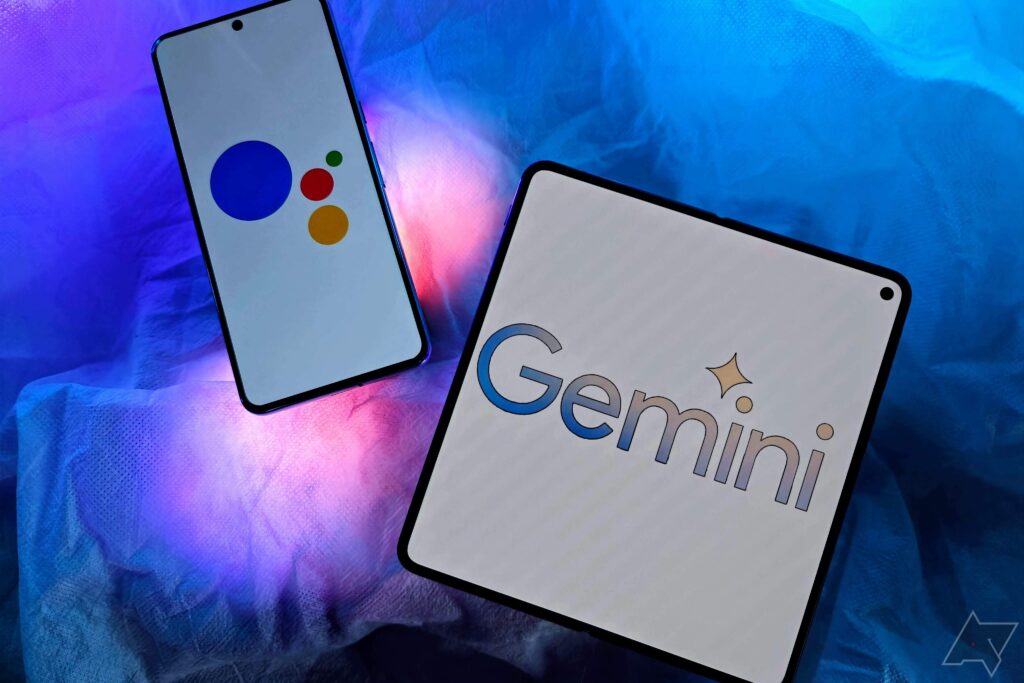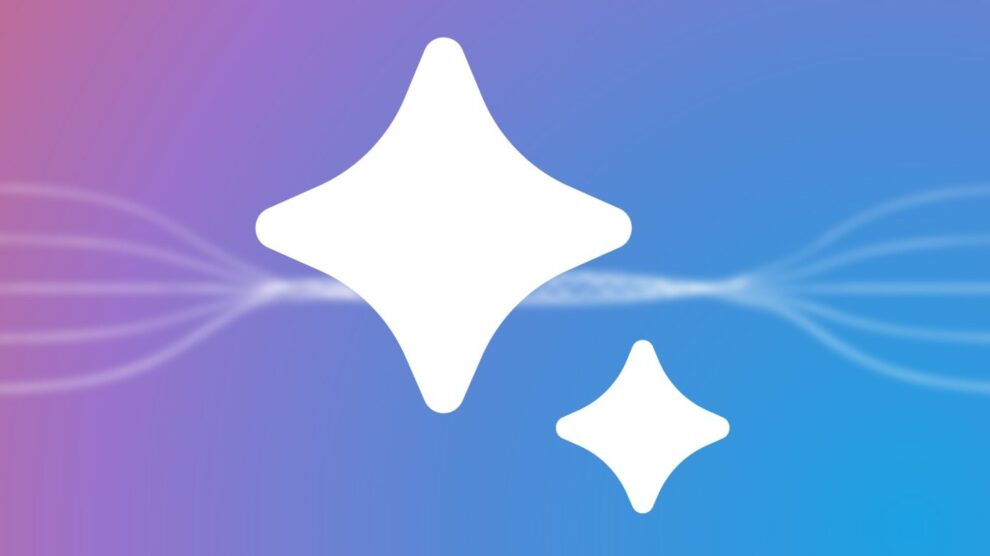Google clouds its forward-looking artificial intelligence skunkworks in secrecy. But whispered rumors suggest internal R&D brews extremely advanced generative models poising significant generative AI disruption across consumer and enterprise verticals.
Recently, some of the curtain lifted when Google formally unveiled Gemini – a fledgling AI subsystem grouped into Ultra, Pro, and Nano product tiers.
Although Gemini’s full capabilities remain early-stage works in progress, its debut confirms Google’s intense focus honing differentiated machine learning approaches in the red-hot generative AI sector.
What is Generative AI?
Generative AI refers to intelligent algorithms capable synthesizing or “generating” entirely new, realistic content modeled after digesting vast datasets.
Unlike most historical AI, generative models create wholly original output instead of just organizing, categorizing, or enhancing existing information.
Categories of generative AI content span text, code, audio, video, and imagery derived from learned data patterns.

Google Gemini’s Generative Superpowers
Google discloses few technical specifics regarding its nascent Gemini offerings. However, early documentation and insider accounts suggest varied capabilities including:
- Long-form coherent text generation
- Creative fictional writing
- Persuasive copywriting
- Code auto-completion
- Image creation from text prompts
- Diagram drawing from scratch
Such diverse applications affirm Gemini’s promise as a versatile cloud API suitable adapting across many use cases.
Gemini Product Tiers and Access
Currently, Google segments Gemini access between:
- Gemini Ultra – Unknown specs. Private 1:1 access only for now.
- Gemini Pro – Into testing. Likely commercial API or Vertex AI integration coming.
- Gemini Nano – Powers intelligent Pixel 8 camera/keyboard features today like smart reply.
Limited Gemini Pro availability may expand later following internal evaluations. Ultra remains strictly invitation-only.
Comparing Gemini Against AI Rivals
Google hardly stands unchallenged in chasing generative AI horizons. Top cloud competitors race building their own offerings, including:
- Microsoft’s Bing chatbot and Copilot coding assistant
- Amazon’s CodeWhisperer autocomplete for AWS
- Startups like Anthropic with Constitutional AI
Versus alternatives, Gemini’s appeal pitches general versatility consolidating wide-spanning functionality into its layered system architecture.

The Promise and Peril of Generative AI Innovation
On one hand, Gemini seems poised enabling consumer creativity, business productivity, and STEM field advancement via democratized access to flexible idea generation tools.
But societal risks demand mitigation as well, including potential coding vulnerabilities introduced by auto-generated software logic.
Google reassures its extensive security vetting and external oversight aim balancing liberating possibilities against potentially dangerous failure modes.
The Future Looks “Gemini Bright”
As one of the first consumer-facing reveals of Google’s shadowy generative AI division, Gemini’s launch sparks appetites anticipating the soon mainstream proliferation of similar machine learning systems across industries.
With responsible development, such infinitely inventive code and content creation assistants could positively transform human/computer collaboration at scale.
But missteps may also induce disruption in undesirable ways. Here’s hoping Google charts the right course ahead on the long road linking emerging machine learning to solving global challenges.










Add Comment